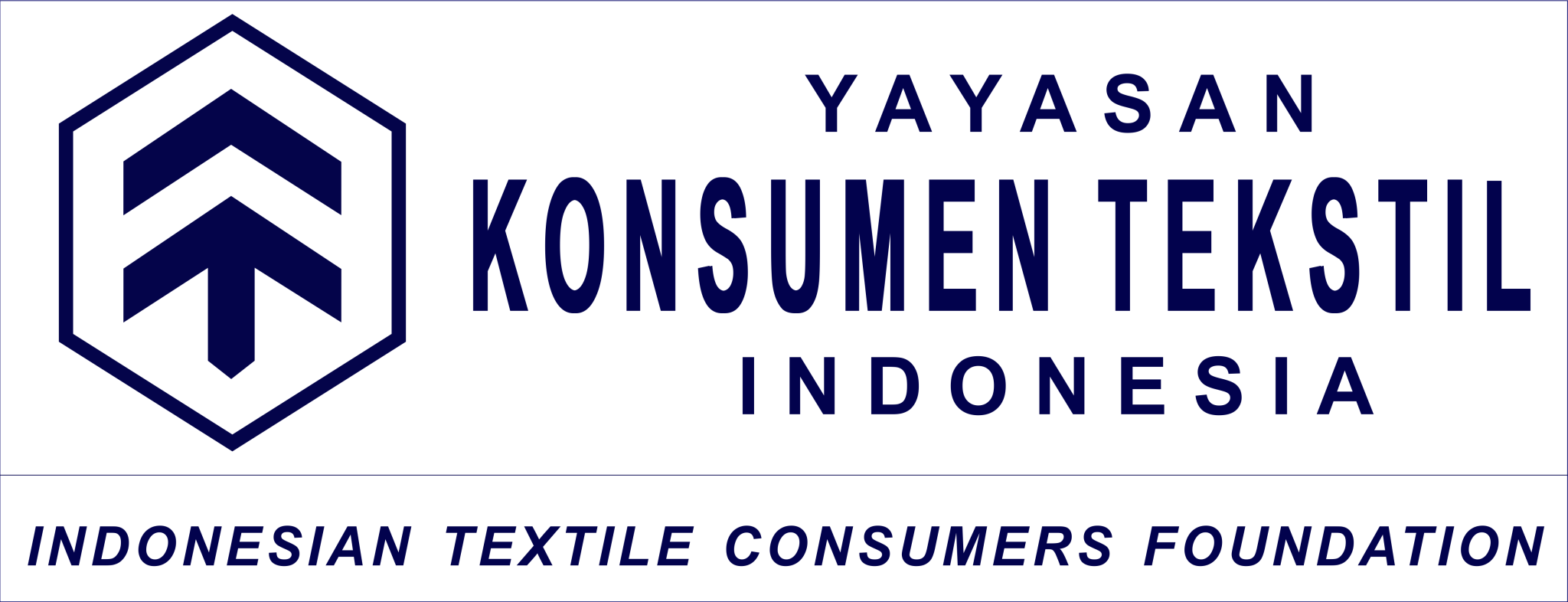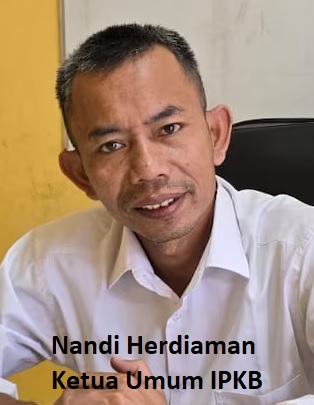The owner of the Texmaco Group, Marimutu Sinivasan, has officially sued the Office of the State Assets and Auction Service or KPKNL Jakarta III, the Ministry of Finance, to the Central Jakarta District Court. The lawsuit was filed because Sinivasan wants to get great certainty of the amount of debt that is appropriate to be paid to the state, which is also called not the debt of Bank Indonesia Liquidity Assistance or BLBI. "As a compliant and responsible Indonesian citizen, I have good intentions to settle my (debt) obligations to the state.
However, because there are several versions regarding the amount of the debt, I submitted a lawsuit to the court to obtain legal certainty regarding the amount of debt that I deserve to pay," said Sinivasan, on Sunday, January 2, 2022.
This lawsuit has been registered in court since Thursday, December 30, 2021, with case number 820/Pdt.G/2021/PN Jkt.Pst. The first trial is scheduled to be held on Tuesday, January 11, 2022.
In the petition, Sinivasan asked the panel of judges to grant the lawsuit in its entirety and declare himself the legal owner of textile, engineering and other investment companies.
He asked the panel of judges to declare himself as the legal owner of the assets in the form of land and factories, machinery, supporting infrastructure facilities. The assets and assets referred to are those located in Nolokerto and Sumberejo Villages, Kendal Regency, Central Java, Kiara Payung and Gintung Kerta Villages, Klari District, Karawang Regency, West Java.
Previously, Sinivasan admitted that Texmaco had a debt of Rp 8.09 trillion to the state, but was not related at all to BLBI.
However, Finance Minister Sri Mulyani Indrawati said that Texmaco was one of those who had to pay debts related to BLBI. So on December 23, the Coordinating Minister for Political, Legal and Human Rights, Mahfud Md, announced the confiscation of Texmaco assets.
Mahfud said that in the first phase of asset confiscation, the BLBI Task Force managed to increase state finances by approximately Rp 313 billion. "Today, at 10 am the BLBI Task Force confiscated collateral assets from the Texmaco Group for 587 plots of land located in five areas with a total area of 4,794,202 square meters," Mahfud said at a press conference.
The locations of the land confiscated by the state are in Subang Regency, Sukabumi Regency, Batu City, Pekalongan City, and Padang City. The location of these assets is slightly different from what Sinivasan stated in his petition in court.
Not only about the status of BLBI debt or not, the BLBi Task Force and Texmaco also have different opinions about the value of the debt. Sinivasan emphasized that Texmaco's debt was Rp 8.09 trillion. Meanwhile, Sri Mulyani, who is a steering member of the BLBI Task Force, said Rp 29 trillion.
In various publications in the mass media, even the owners say that the debt to the government is only Rp. 8 trillion, even though the certificate of commitment states that they have a debt of Rp. 29 trillion and US$ 80.5 million," Sri Mulyani said at a press conference, December 23, 2021.
This difference in the value of the debt caused Sinivasan to file a lawsuit in court. According to Sinivasan, it is the court that has the right to determine the amount of the debt. Not only two, he said that there are four versions of the debt of the Texmaco Group. "So, we are not suing the entire Texmaco Group's claim management actions," said Sinivasan.
For this reason, Sinivasan calls himself asking for justice from the court because there are always different versions of debt. On the other hand, Sinivasan said that the debts of the Texmaco Group were also caused by the government's mistakes in making policies to respond to the currency crises in 1997 and 1998.
As a result of government policies following the direction of the International Monetary Fund or IMF, he said, the value of the rupiah weakened to Rp. 16 thousand per US dollar. Loan interest rates ALSO soared to above 80 percent. Then, the debt burden increased by more than six times as a result of the policies following the IMF's directives.
As a result, Sinivasan said that the national strategic industry was also "killed" by the IMF. For him, the domestic industry needs consistent policy support and business players need business certainty, including the certainty of the amount of debt. "We are not in a position to blame the IMF, we are simply asking for justice," said Sinivasan.











